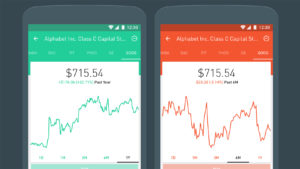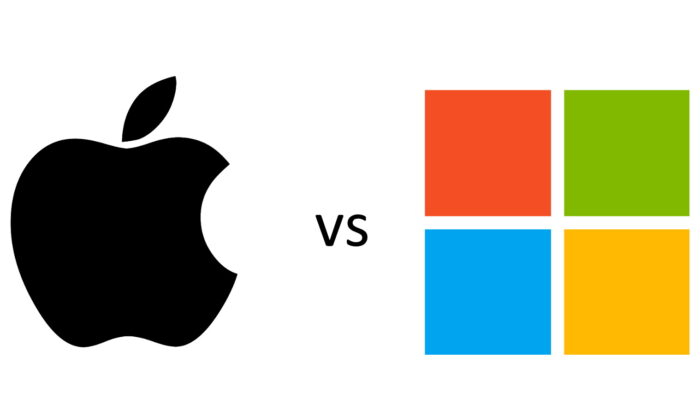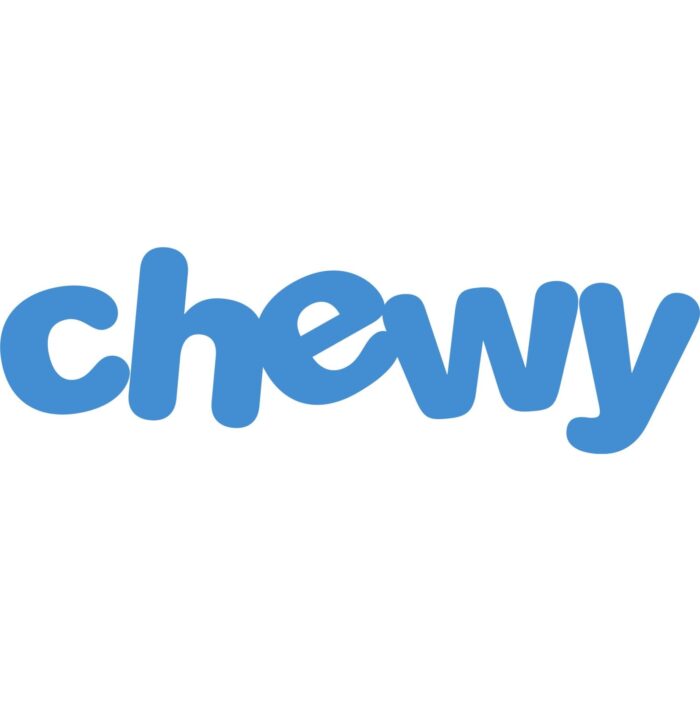Robinhood IPO, Should You Buy Robinhood Stock When Offered?
An IPO, or initial public offering, is a company’s first listing on the New York Stock Exchange. Once a company launches on the stock market, anyone with a brokerage account, or a Robinhood account for that matter, will be able to purchase shares in the company being listed. For many tech companies an IPO has often signaled a huge jump in the number of investors and the price of the company’s stock. However, will long term investing in this Robinhood after its IPO truly give good returns?
| Related Posts |
|---|
What is Robinhood?
Robinhood is a mobile application that targets the common man without a brokerage account who wants to get started investing in stocks. It is a noble effort, and a novel idea. Robinhood was the first of many to not only offer trading on a mobile app, but also offer it free of charge. They were also the first company to successfully get enough customer attention in order to successfully make a profit and grow their user base consistently. Their app offers an extremely intuitive way of buying whatever stock you may want and selling them completely free of fees even on what would be considered day trading.
Robinhood IPO Could Compete with Large Brokerages
One of the issues that Robinhood may face upon initial public offering, is needing to deal with the large brokerages that already exist on the NYSE. Fidelity and Charles Schwab are two of the largest brokerage firms in the United States and they have consistently made money and secured public trust since their initial public offering. These large brokerages can pose quite a threat to Robinhood given that it is still a relatively small brokerage firm. Large brokerage firms make billions of dollars yearly, whereas Robinhood typically only makes a bit over 100 million dollars per year. Now these are large numbers, but one has to consider the fact that large brokerage firms are making 10 times the revenue of the smaller one and while Robinhood may be a good alternative for casual traders, retirement accounts and serious investors with large portfolios who really bring in a lot of the money that these larger brokerages make will likely steer away from Robinhood due to it’s freshness and unreliability.
 Robinhood IPO Could Stir Controversies
Robinhood IPO Could Stir Controversies
Robinhood has had several controversies throughout its time. One of many happened very recently during the crash due to COVID-19. As stocks were falling people found themselves locked out of their Robinhood accounts due to an issue that Robinhood had. Large brokerage firms like TD Ameritrade and Fidelity did not have this issue and it certainly makes the public wonder whether or not Robinhood is a safe way of investing their money, or if they should just eat the fees from these larger brokerages, which have almost entirely disappeared anyways.
Robinhood has also had a controversy that came in the form of overcharging for shares bought in high frequency. So, day traders who took full advantage of Robinhood’s fee free trading would be charged more per share than with any other brokerage. Now although this may have turned out to be a penny or a fraction of a penny per trade, for Robinhood’s 6,000,000 users, assuming that each one makes two trades a day, that would total roughly $20,000,000 a year in revenue from just overcharging by a penny. This can certainly be used against the Robinhood platform by the larger brokerages and make people steer their money in a different direction if the larger brokerages were able to offer the ease of access that Robinhood does.
What is Robinhood’s Actual Business Model?
The actually business model, believe it or not for Robinhood, is more or less just a powerful paid advertising and SEO strategy then a strong finance strategy. Having worked for a $300,000,000.00 internet start-up known as ReachMobi in the past, we actually used to split test with some similarities of Robinhoods ads in order to see what types of creatives that they were using worked, in comparison to which didn’t. Because of my experience in this, I can tell that Robinhood is really more of an internet marketing company than they are a finance company. Basically what Robinhood does is use paid advertising channels like Google Adwords, Bing Ads, and possibly SEO tools and blogging services in order to bump up their website traffic. From there, they find an LTV for their average customer, which stands for Lifetime value. So say they find that the average user is worth $10.00, or $20, or $50 over a 3-5 year span of time, sans whatever other retention metrics change due to this bump in LTV. From here, Robinhood says, okay we can spend $5 per customer acquisition, and we’ll make $20 for each $5 that we spend. So they go ahead and spend $1,000,000.00 on ads, continuously split testing and using both paid and organic traffic metrics (organic being search, blogging, TV, branding, speeches, word of mouth compounding, news blogs, etc.) in order to scale and have a compounding effect, this lowers their customer acquisition cost and allows them to really keep reinvesting their profits and scaling to the moon! It is a little bit more complicated than that, but this is how these apps scale, get traction in the app store, get on TV, etc. etc.
What’s really more interesting about Robinhood, aside from their strategy with regards to their internet marketing, is how they have made enough money to leverage the finance strategy that they have. Robinhood offers options, leveraged options and ratio option positions such as strip, straps and straddles on their apps to people with no investment experience. All you need is cash to fund your stock account and a valid driver’s license and you can basically be off trading tons of options (Robinhood is even starting to offer riskier products too now, like futures contracts.) It is crazy that they are pulling this off because most of their investors are millennials with no money and no experience in the world of finance who really have no business using these products. I was shocked when I saw the amount of money they were pulling in from options too. More power to the founders for setting up this incredible business model, but I do have to say that I find it incredibly discerning that Robinhood is now practically exploiting the younger generations interest in finance at the expense of possibly their future retirement savings. Nuff said on this one.
Should you Buy at the Robinhood IPO?
Though Robinhood has not announced that they will be listing on the New York Stock Exchange anytime soon, it is inevitable with all big companies that one speculates whether or not said company will be going up on the market soon. Is this writer’s opinion that Robinhood stock, when initially offered, is not a buy. The platform itself is extremely convenient for the casual trader and will continue to grow as more people gain interest in an application to trade stocks that is as easy to use as a social media app. While this may be true, serious investors, the ones who put a lot of money in and not just a few 100 here or there, will continue to put their money in trusted sources such as Fidelity, TD Ameritrade, and Charles Schwab. The risk associated with the app going down during significant market events could also cause people to shy away from the app worried that they may miss out on big buying opportunities. This stock, when offered, no matter how tempting it may be, is just too risky to put money into.
Sources:
https://money.cnn.com/data/markets/
https://inflationhedging.com/how-to-pass-the-series-7-exam
Disclaimer: The opinions and documentation contained within this article and on this blohttps://inflationhedging.com/how-to-pass-the-series-7-examg are the sole property of inflationhedging.com and are not to be copyrighted or reproduced in any manner, else legal action within the rights of the United States legal code could be use to obtain recompense. All articles and blog posts are the sole opinions of the writers of the blog, and are not necessarily in line with what exactly will work for you, you should consult a CPA, Tax Professional, or Financial Professional to determine what exact financial needs are in line with your interests. Also, from time to time, certain links on this website will be used to generate affiliate commissions, in order to support the health and growth of our website, health and business.

 Robinhood IPO Could Stir Controversies
Robinhood IPO Could Stir Controversies









[…] want to start out by saying what a shame it is that this happened. When I first read the headline Robinhood Trader Commits Suicide, I instantly had a feeling that it had something to do with a huge loss, and […]